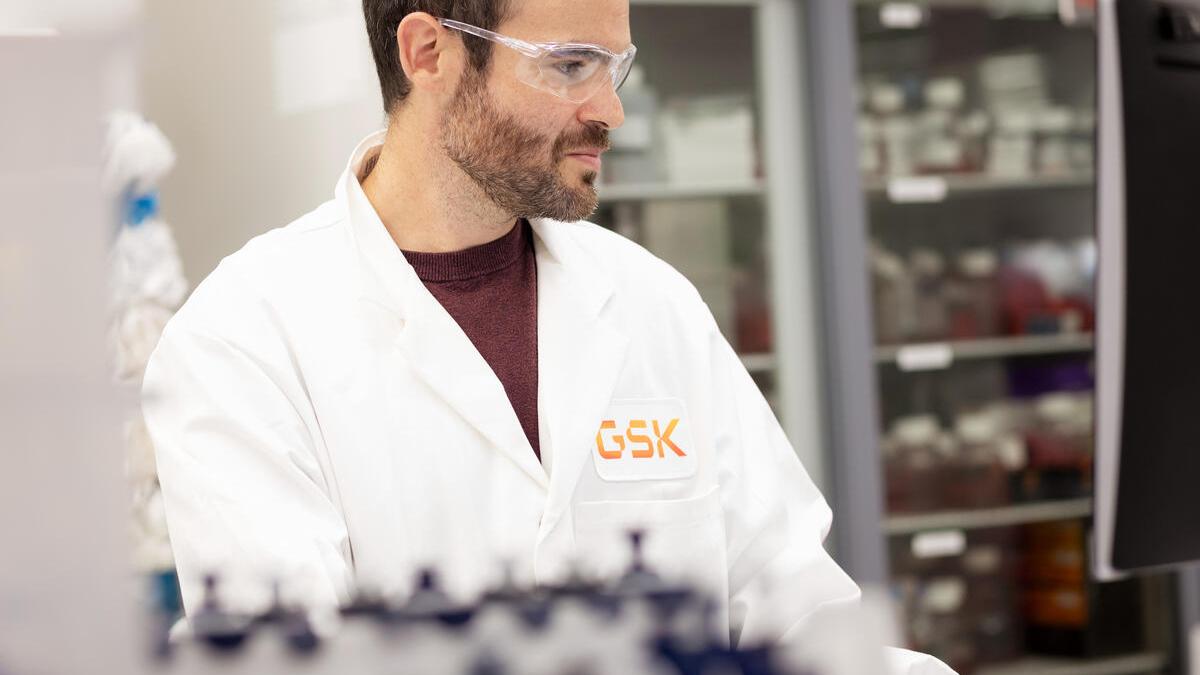Safety fear halts Keros PAH trial dosing, hitting its shares

Keros Therapeutics has paused higher dose treatment arms in its clinical trial of pulmonary arterial hypertension (PAH) therapy cibotercept after seeing unexpected side effects.
The Lexington, Massachusetts company said it had seen unanticipated pericardial effusion adverse events – where excess fluid builds up in the pericardium membrane surrounding the heart – so voluntarily halted the 3.0 and 4.5mg/kg arms of the TROPOS trial. Dosing in a lower 1.5mg/kg arm will continue.
Investors seemed to panic after the announcement, with a sell-off driving Keros' share price down 73%, reversing strong gains made by the stock over the last few months, fuelled by positive results for myelodysplastic syndrome and myelofibrosis therapy elritercept and a $1.1 billion licensing deal for that drug with Takeda.
Analysts at Leerink said they viewed the development as a "major setback" and were unsurprised by the pressure of Keros' share price, while William Blair took a similar view, indicating in a research note that cibotercept is the company's "main value driver."
The company's chief executive, Jasbir Seehra, said it is "working diligently to gain a better understanding of these unanticipated findings," adding: "Above all, patient safety is our top priority when conducting any clinical trial. We will work with the investigators, [FDA], and other relevant regulatory authorities to address this as quickly as possible."
TROPOS is comparing cibotercept to placebo in combination with stable background therapy in patients with PAH, a life-threatening disease caused by the narrowing of blood vessels in the lungs that has a five-year survival rate of a little over 40%.
The study is already fully enrolled with around 90 subjects and ahead of the pause on dosing had been scheduled to complete in the middle of 2025.
Cibotercept is designed to bind to and inhibit the signalling of TGF-beta ligands that stimulate smooth muscle hypertrophy and fibrosis, including activin A, activin B, and myostatin, and is a potential rival to MSD's recently launched Winrevair (sotatercept).
Winrevair has been growing at a phenomenal pace since launch, with third-quarter sales reaching $149 million - well ahead of expectations – and putting the drug on course to meet MSD's sales projections of more than $3 billion a year at peak.
MSD, which is known as Merck & Co in the US and Canada, acquired sotatercept as part of its $11.5 billion takeover of Acceleron Pharma in 2021.












